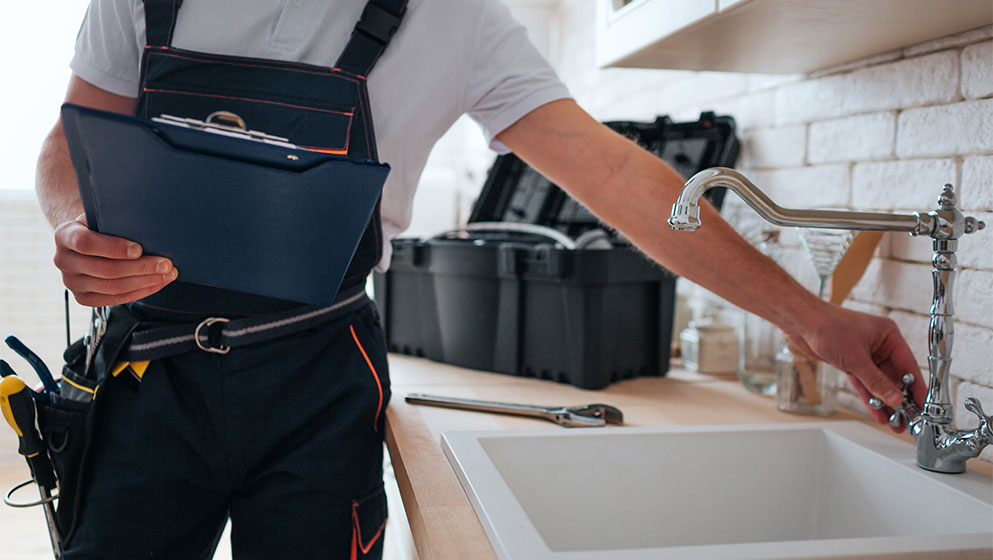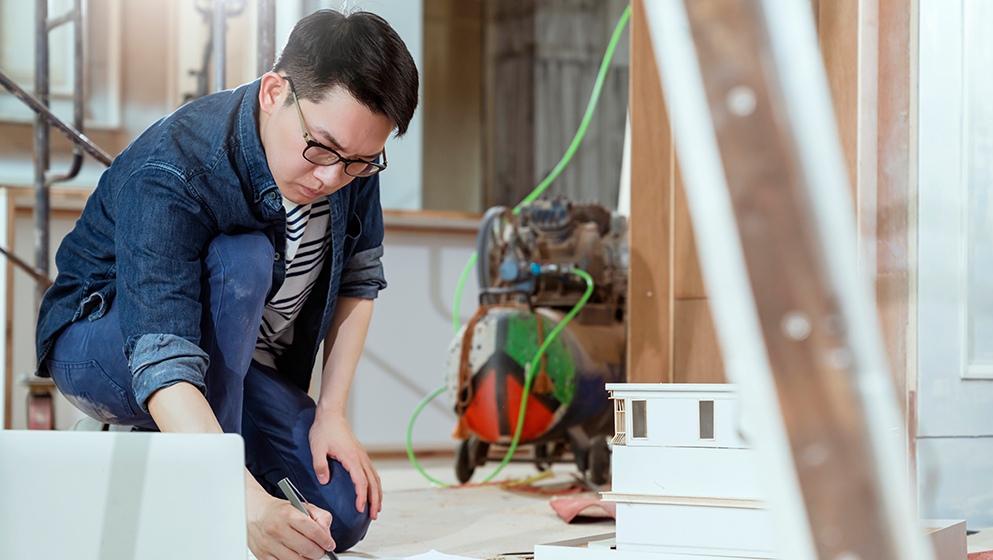Newly constructed homes are often perceived as flawless and meticulously built, leading potential homeowners to assume that a comprehensive inspection is unnecessary. However, this article argues that new construction homes require an independent inspection to ensure their quality, safety, and compliance with building codes.
By identifying potential construction defects and hidden issues, an independent inspection provides homeowners with peace of mind and safeguards their investment.
This article also highlights the importance of code compliance in new construction homes, as it ensures that the property meets minimum safety standards.
Furthermore, an independent inspection empowers homeowners with valuable information that can be used during negotiations with builders, allowing for potential issues to be addressed before the final purchase agreement is made.
Overall, this article emphasizes the necessity of independent inspections for new construction homes, highlighting their role in protecting homeowners and promoting the overall quality of newly built properties.
Potential Construction Defects
Potential construction defects can range from minor cosmetic issues, such as paint imperfections or uneven flooring, to more significant structural problems like foundation cracks or faulty electrical wiring. These defects can occur due to a variety of factors, including poor workmanship, inadequate materials, or failure to adhere to building standards and construction quality.
Building standards are established to ensure that new construction homes meet certain safety and quality criteria. Failure to meet these standards can result in a variety of defects that may compromise the structural integrity and overall functionality of the home.
Construction quality is another crucial factor that can contribute to potential defects. If the construction process is rushed or shortcuts are taken, it can lead to errors and mistakes that may not be immediately apparent. For example, improper installation of plumbing or HVAC systems can result in leaks or inadequate heating and cooling. Similarly, inadequate insulation or improper sealing can lead to energy inefficiency and increased utility bills. These defects can not only impact the comfort and livability of the home but also result in costly repairs and maintenance in the long run.
Ensuring code compliance is imperative to mitigate potential construction defects and ensure the safety and quality of new construction homes. By conducting an independent inspection, any non-compliance with building codes can be identified and addressed promptly, reducing the risk of future problems.
Code Compliance
Achieving compliance with building codes is crucial for ensuring the safety, structural integrity, and overall quality of a newly constructed residence. Building codes are a set of regulations and standards that outline the minimum requirements for construction practices, materials, and design. These codes are established by governmental bodies and are developed based on extensive research, engineering principles, and industry best practices. They cover various aspects of construction, including structural integrity, fire safety, electrical systems, plumbing, and accessibility.
By adhering to building standards and safety regulations, new construction homes can provide homeowners with peace of mind. Compliance with building codes ensures that the home has been constructed using safe and reliable materials, methods, and techniques. It guarantees that the home meets minimum safety requirements, reducing the risk of accidents, injuries, and property damage. Additionally, building codes help to ensure that the home is structurally sound, capable of withstanding environmental forces such as wind, earthquakes, and snow loads.
However, it is important to note that building code inspections are typically conducted by local government officials during the construction process. While these inspections are essential, they may not always be comprehensive, and certain issues may go unnoticed. Therefore, an independent inspection of a newly constructed home can provide an additional layer of assurance for homeowners, ensuring that the property meets all relevant building codes and standards before they move in.
Peace of Mind for Homeowners
One key benefit of adhering to building codes is the assurance it provides homeowners in terms of the safety and quality of their newly constructed residence. However, it is important for homeowners to understand that code compliance alone does not guarantee a flawless home.
This is where a home inspection becomes crucial. A home inspection is a comprehensive assessment of the building quality and condition, conducted by an independent inspector. It involves a thorough examination of various components, such as the foundation, structure, electrical systems, plumbing, and HVAC, among others.
Through this process, any potential issues or deficiencies can be identified, providing homeowners with peace of mind knowing that their investment is sound. A home inspection not only helps homeowners avoid unexpected repairs and expenses in the future but also ensures that the construction meets the expected standards of quality.
By identifying hidden issues that may not be evident during the construction phase, homeowners can take necessary measures to address these concerns before they become major problems. This proactive approach helps ensure that the newly constructed residence remains a safe and comfortable space for years to come.
Transitioning into the subsequent section about ‘identifying hidden issues,’ it is essential to understand the benefits of a thorough home inspection.
Identifying Hidden Issues
Identifying hidden issues through a thorough assessment of the building quality and condition is essential for homeowners to ensure the long-term safety and functionality of their newly constructed residence. While new construction homes are often perceived as problem-free, they can still have underlying defects that may not be immediately apparent. These hidden issues can have significant cost implications and safety concerns if left undetected.
A comprehensive inspection of a new construction home can uncover construction flaws, improper installations, and other defects that may compromise the structural integrity and safety of the property. For example, issues such as faulty wiring, plumbing leaks, or inadequate insulation can lead to higher energy bills and potential health hazards. Identifying these hidden issues early on allows homeowners to address them promptly, avoiding costly repairs or safety hazards down the line.
Furthermore, uncovering hidden defects also provides homeowners with valuable negotiating power. Armed with the knowledge of any issues, they can approach the builder or developer to rectify the problems or negotiate a fair resolution. This can ensure that any necessary repairs are carried out, minimizing the financial burden on the homeowner and maintaining the property’s value.
In conclusion, conducting an independent inspection of a newly constructed home is crucial for homeowners to identify hidden issues that may have cost implications and safety concerns. This knowledge empowers homeowners to take appropriate action and negotiate with the builder to address any problems, ensuring the long-term quality and functionality of their investment.
Negotiating Power
Negotiating power can be significantly enhanced by uncovering hidden defects in a newly constructed residence, allowing homeowners to advocate for necessary repairs or a fair resolution with the builder. By conducting an independent inspection, potential defects that may have been overlooked during the building process can be identified. This knowledge equips homeowners with the ability to negotiate for repairs or compensation, ensuring that the final product meets their expectations.
One key advantage of identifying hidden defects is the potential cost savings. Uncovering issues early on can prevent them from escalating into larger, more expensive problems down the line. For instance, if a leaking pipe is detected during the inspection, it can be fixed promptly, avoiding potential water damage and costly repairs in the future. In addition, by addressing these defects before closing on the property, homeowners may be able to negotiate a lower purchase price or request that the builder covers the cost of repairs.
Moreover, identifying hidden defects can also impact the home’s value. By rectifying any issues found during the inspection, homeowners can ensure that their investment maintains its worth. This is particularly important if they plan to sell the property in the future, as potential buyers are likely to appreciate a well-maintained home that is free from hidden defects.
In conclusion, an independent inspection of a newly constructed home empowers homeowners with negotiating power. Not only does it enable them to advocate for necessary repairs or a fair resolution with the builder, but it also brings potential cost savings and ensures the home’s value is maintained.
Conclusion
In conclusion, it is imperative to have an independent inspection for new construction homes. This ensures that potential construction defects are identified and addressed, guaranteeing code compliance and providing peace of mind for homeowners.
Moreover, these inspections play a crucial role in uncovering hidden issues that may not be immediately apparent. Armed with this knowledge, homeowners can negotiate with builders to rectify any problems before they become major concerns.
Investing in an independent inspection ultimately empowers homeowners and safeguards their investment.





